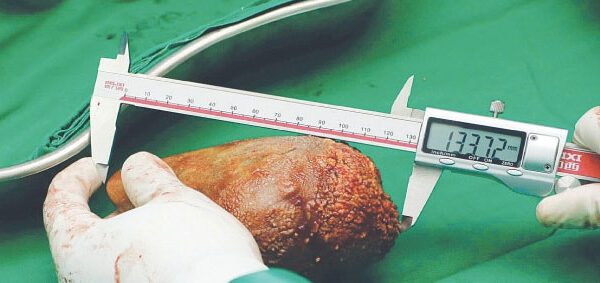Abu Dhabi’s Health Authorities Report New MERS-Coronavirus Case: WHO Monitoring Situation
The World Health Organisation (WHO) has confirmed a case of the potentially fatal Middle East Respiratory Syndrome Coronavirus (MERS-CoV) in Abu Dhabi. The infected individual is a 28-year-old man who tested positive for the virus after being admitted to a hospital in Al Ain city last month. Health officials have conducted checks on 108 people who were in contact with the man, but no secondary infections have been reported so far. The man’s current condition is still unknown. Additionally, there are no indications that the man had come into contact with dromedary camels, which are known to spread the disease. As of now, there have been a total of 2,605 reported cases of MERS-CoV, with 936 associated deaths worldwide.
MERS-CoV, the Middle East Respiratory Syndrome Coronavirus, was first identified in Saudi Arabia in 2012. Since then, it has been reported in 27 countries, including Algeria, Austria, Bahrain, China, Egypt, France, Germany, Greece, Iran, Italy, Jordan, Kuwait, Lebanon, Malaysia, the Netherlands, Oman, the Philippines, Qatar, South Korea, Saudi Arabia, Thailand, Tunisia, Turkey, UAE, UK, US, and Yemen. The WHO has recorded a total of 2,605 cases of the virus, resulting in 936 associated deaths.
MERS is a zoonotic virus, meaning it can be transmitted between animals and humans. In Saudi Arabia, most infections occurred through unprotected contact with infected dromedary camels. The symptoms of MERS-CoV include fever, coughing, and shortness of breath, and in some cases, it can progress to pneumonia. It is important to be vigilant about this virus and take necessary precautions to prevent its spread.








